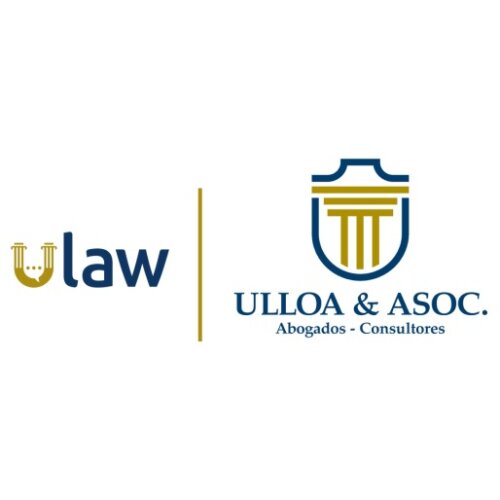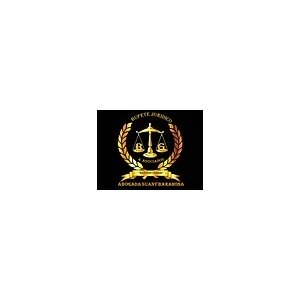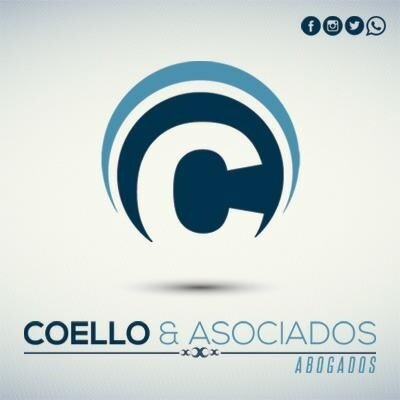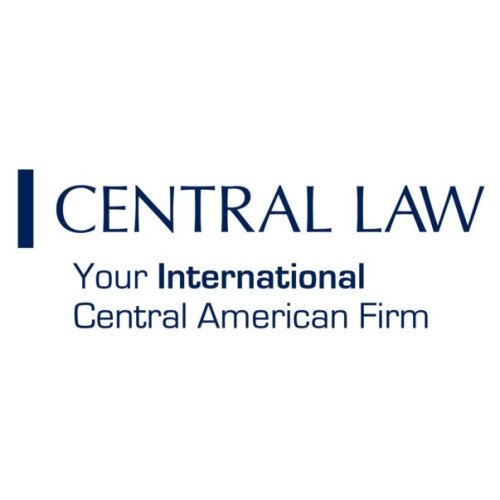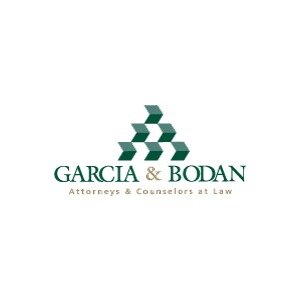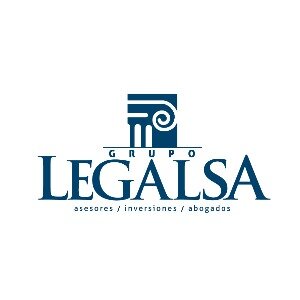Best Employer Lawyers in San Pedro Sula
Share your needs with us, get contacted by law firms.
Free. Takes 2 min.
List of the best lawyers in San Pedro Sula, Honduras
About Employer Law in San Pedro Sula, Honduras
Employer law in San Pedro Sula, Honduras, encompasses regulations and statutes governing the rights and obligations of both employers and employees. This legal framework is critical in ensuring fair employment practices, safeguarding employee rights, and promoting healthy labor relations. In San Pedro Sula, employer law covers a broad range of topics, including employment contracts, workplace conditions, termination of employment, and compensation. It is primarily guided by the Honduran Labor Code, which provides the regulatory basis for employment relationships within the city and the country.
Why You May Need a Lawyer
There are several scenarios in which individuals and businesses may require legal assistance in the employer law domain. These include:
- Disputes over employment contracts: Whether it's a disagreement on terms, wage disputes, or contract breaches, legal counsel can help clarify and resolve issues.
- Workplace conflicts: Issues such as discrimination, harassment, and unfair treatment may necessitate legal intervention to ensure rights are protected.
- Termination and severance: Both employers and employees may need guidance on rights and obligations regarding lawful termination and severance payments.
- Compliance with labor laws: Businesses often seek legal advice to ensure they comply with local labor laws, avoiding penalties and legal conflicts.
- Disability and workers' compensation claims: Legal help may be necessary for navigating claims processes and ensuring fair compensation for injuries or disabilities.
Local Laws Overview
San Pedro Sula, like the rest of Honduras, adheres to the national labor laws codified in the Honduran Labor Code. Key aspects of these laws include:
- **Minimum Wage**: The government sets minimum wage rates, which vary by industry and job category. Employers must comply with these rates.
- **Working Hours**: Standard working hours are set, and overtime compensation is required for hours worked beyond the standard workweek.
- **Employment Contracts**: These can be either fixed-term or indefinite, with specific conditions outlined for each type as per the law.
- **Leave Entitlements**: Employees are entitled to annual leave, maternity leave, and sick leave, among other statutory benefits.
- **Termination**: Laws cover the grounds and procedures for lawful termination, including notice periods and severance pay.
- **Worker Safety**: Employers are mandated to provide a safe working environment, adhering to health and safety standards to prevent workplace accidents and injuries.
Frequently Asked Questions
What is the standard minimum wage in San Pedro Sula?
The minimum wage varies depending on industry and job classification. It is periodically updated by the government, and employers need to keep abreast of any changes to remain compliant.
How are overtime hours compensated?
Overtime hours must be compensated at a higher rate than regular hours, usually at a rate of 1.25 to 1.5 times the normal pay, depending on the circumstances and as stipulated in the Honduran Labor Code.
What are the legal requirements for terminating an employee?
Employers must have a just cause for termination and provide the appropriate notice. If terminated without cause, employees are generally entitled to severance pay, the amount of which depends on the duration of employment.
Can an employee work without a written contract?
While verbal contracts are valid under Honduran law, having a written contract is highly recommended to clearly outline the terms and conditions of employment and prevent disputes.
What rights do employees have regarding working conditions?
Employees have the right to safe and healthy working conditions. Employers must comply with health and safety regulations to minimize the risk of work-related injuries or illnesses.
Are employees entitled to rest breaks during work hours?
Yes, employees are entitled to rest breaks, and the details of such breaks should be specified in the employment contract or company policy, adhering to the standards set in the Labor Code.
What remedies are available for wrongful termination?
If an employee believes they were wrongfully terminated, they can file a complaint with the Ministry of Labor or pursue legal action to seek remedies such as reinstatement or compensation for damages.
Is training considered part of the working hours?
If training is mandatory and conducted during normal working hours or approved by the employer, it is generally considered compensable time.
What are the procedures for resolving employment disputes?
Employment disputes can be resolved through mediation, arbitration, or litigation. Initial complaints are often filed with the Ministry of Labor, which can facilitate dispute resolution.
How can an employer ensure compliance with labor laws?
Employers can ensure compliance by staying updated with labor laws, seeking periodic legal advice, implementing internal policies and training, and conducting regular audits of their employment practices.
Additional Resources
- **Ministry of Labor and Social Security**: This governmental body oversees labor relations, enforces labor laws, and provides resources and support for both employers and employees.
- **Chamber of Commerce and Industry**: Offers resources and guidance for businesses seeking to understand and comply with local employment laws.
- **Legal Aid Organizations**: Various non-profit organizations provide legal assistance and resources to individuals seeking advice on employment-related issues.
Next Steps
If you require legal assistance regarding employer law in San Pedro Sula, here are the recommended steps:
- **Consult a Lawyer**: Engage with a local attorney who specializes in labor law to provide personalized advice and representation.
- **Gather Documentation**: Collect all relevant documents, such as employment contracts, correspondence, and records of incidents or disputes.
- **Contact the Ministry of Labor**: If you wish to file a complaint or seek guidance, the Ministry of Labor can be a valuable resource.
- **Educate Yourself**: Stay informed about your rights and obligations under the current labor laws to better engage in any legal processes.
Lawzana helps you find the best lawyers and law firms in San Pedro Sula through a curated and pre-screened list of qualified legal professionals. Our platform offers rankings and detailed profiles of attorneys and law firms, allowing you to compare based on practice areas, including Employer, experience, and client feedback.
Each profile includes a description of the firm's areas of practice, client reviews, team members and partners, year of establishment, spoken languages, office locations, contact information, social media presence, and any published articles or resources. Most firms on our platform speak English and are experienced in both local and international legal matters.
Get a quote from top-rated law firms in San Pedro Sula, Honduras — quickly, securely, and without unnecessary hassle.
Disclaimer:
The information provided on this page is for general informational purposes only and does not constitute legal advice. While we strive to ensure the accuracy and relevance of the content, legal information may change over time, and interpretations of the law can vary. You should always consult with a qualified legal professional for advice specific to your situation.
We disclaim all liability for actions taken or not taken based on the content of this page. If you believe any information is incorrect or outdated, please contact us, and we will review and update it where appropriate.



